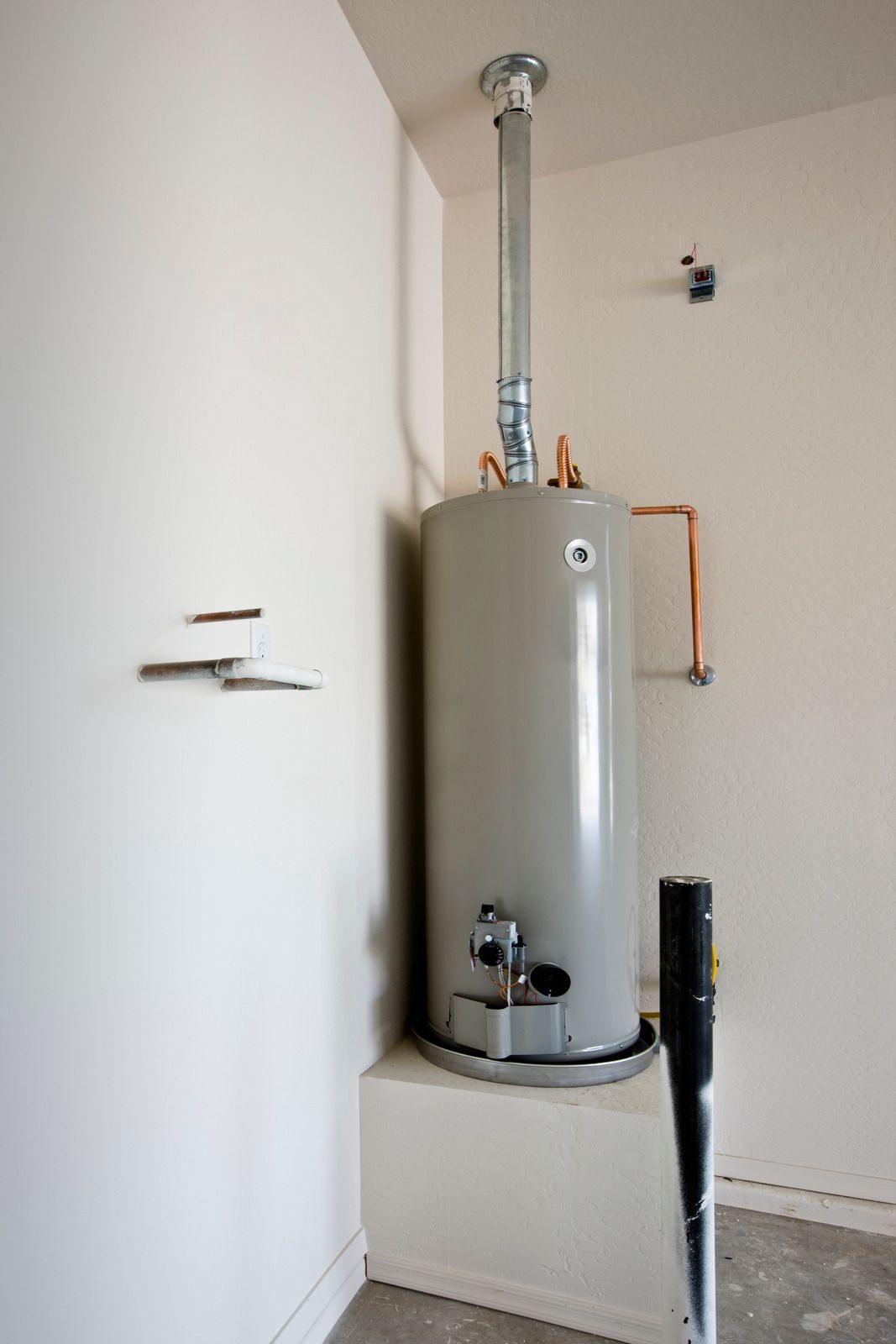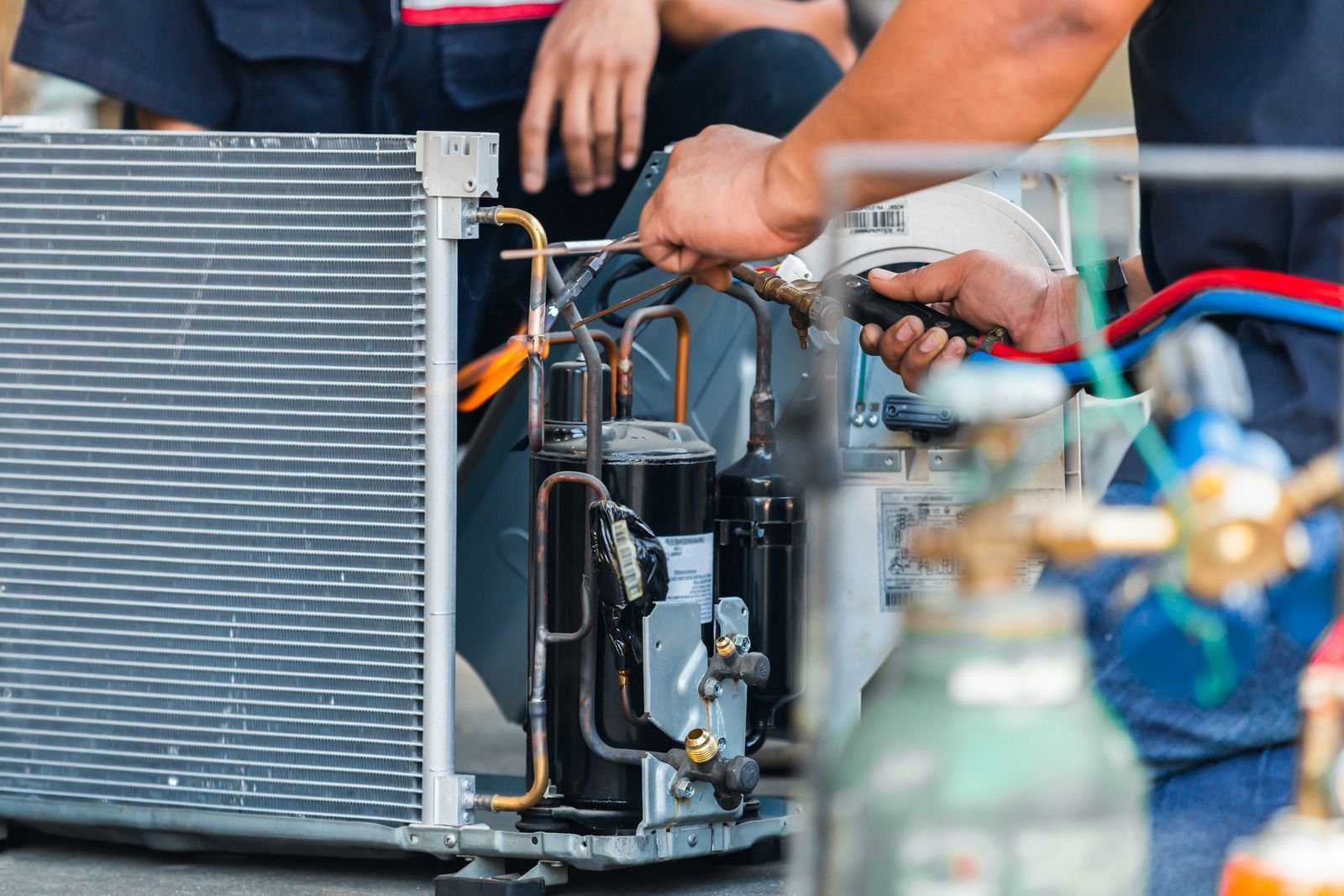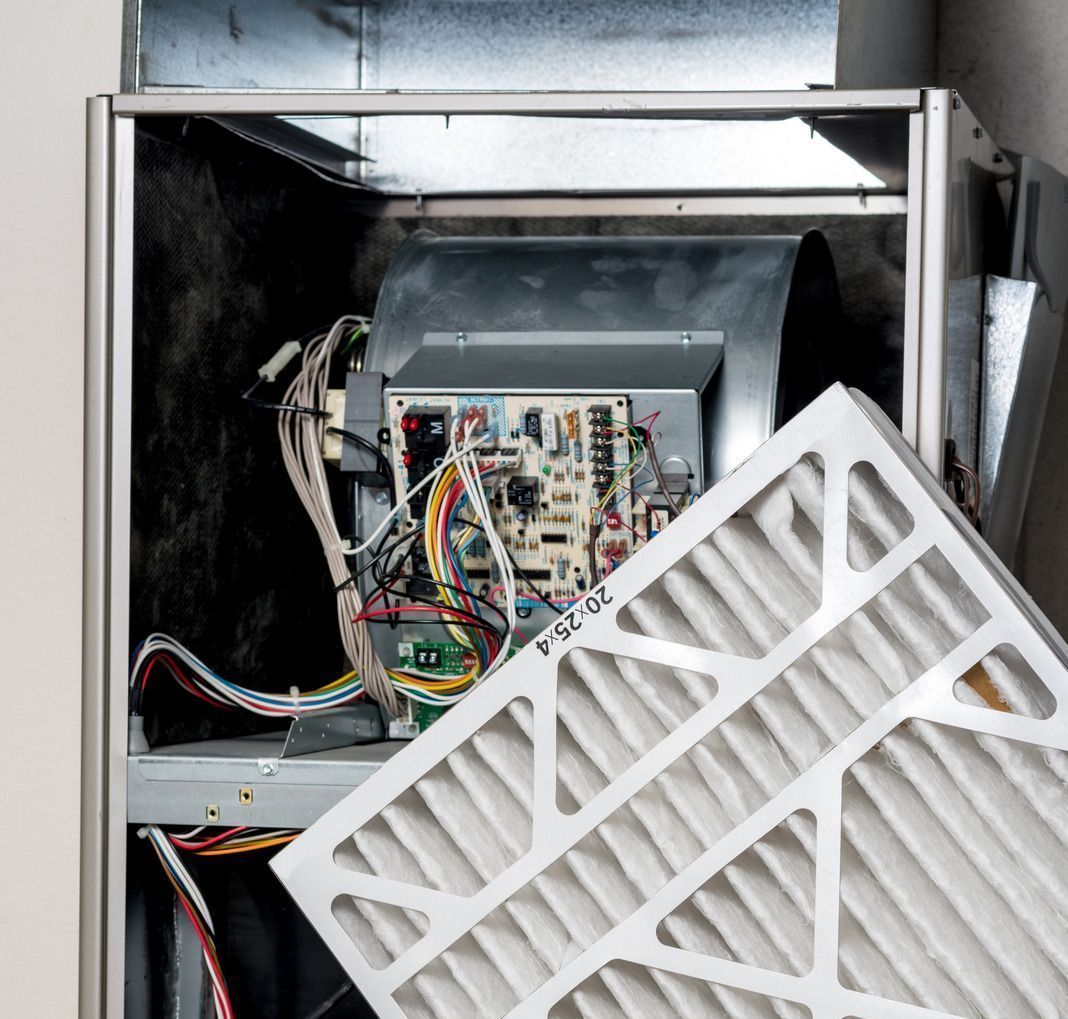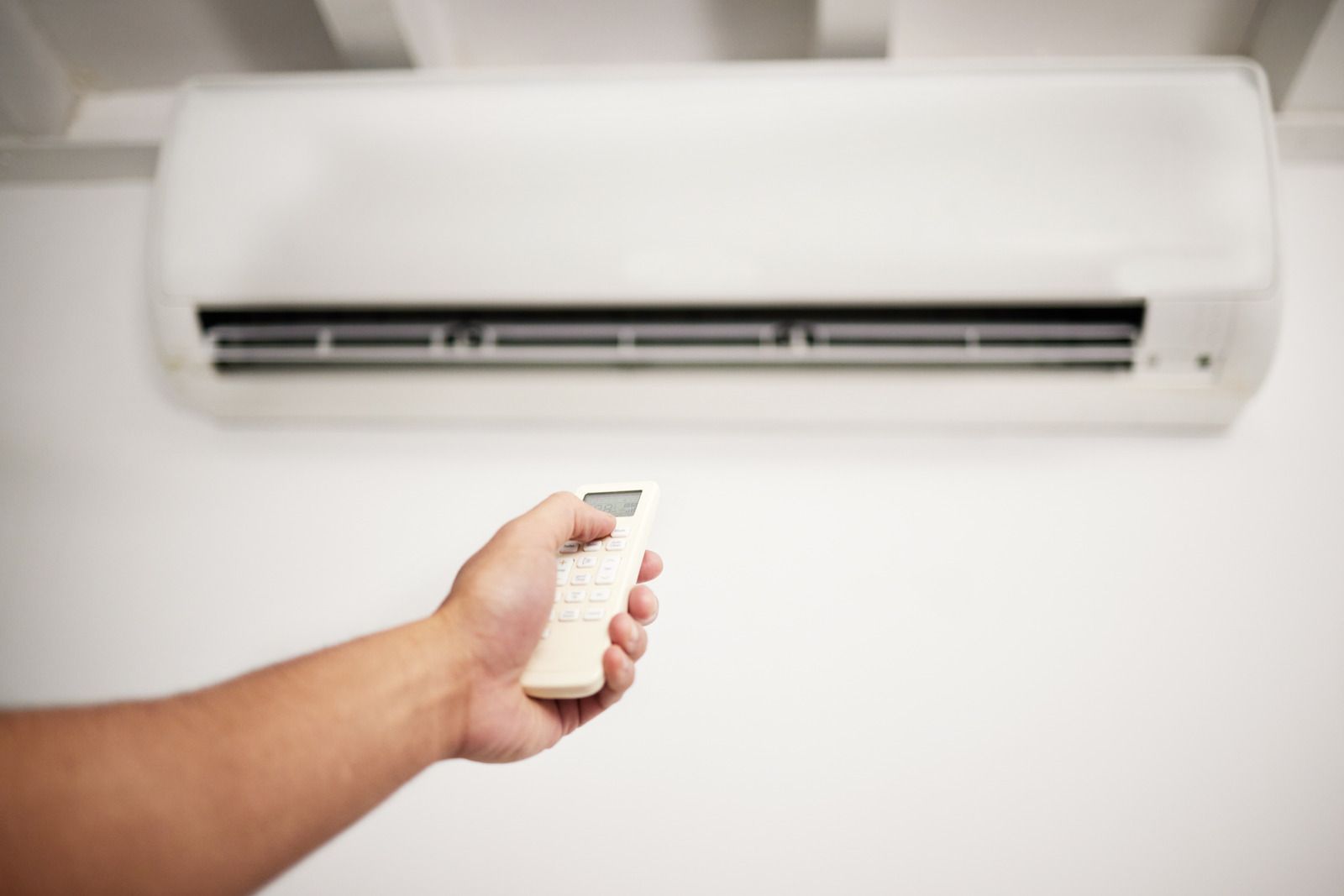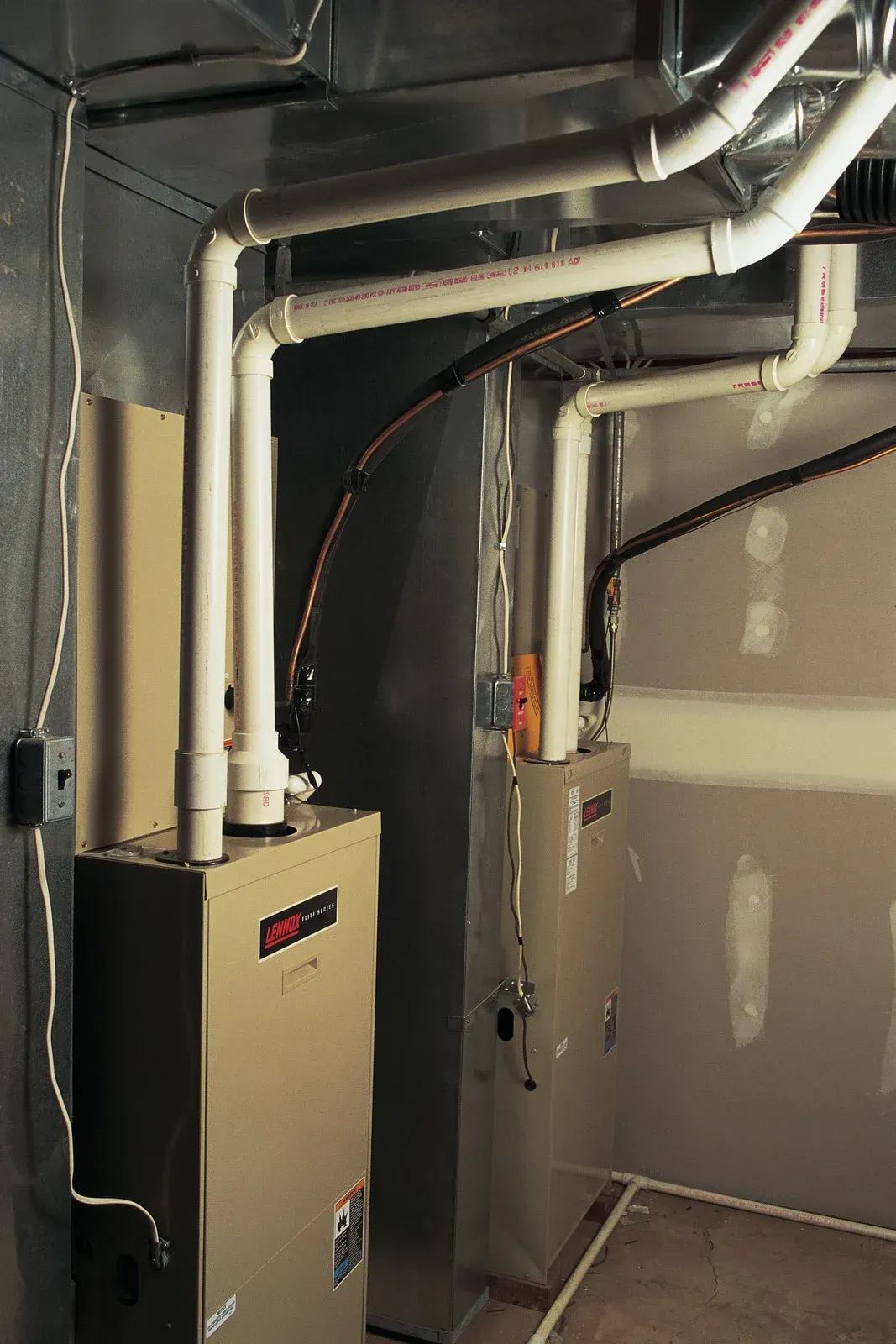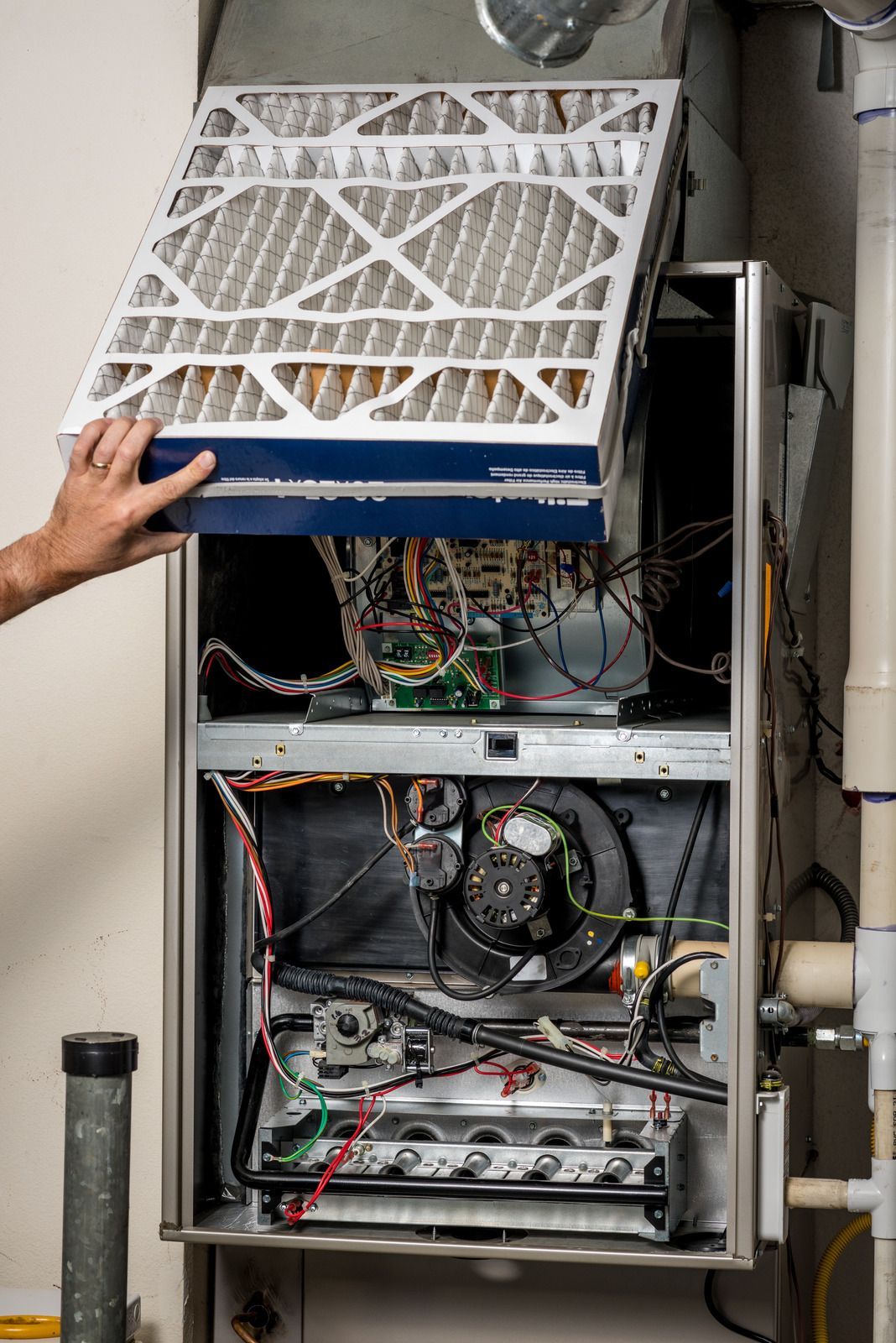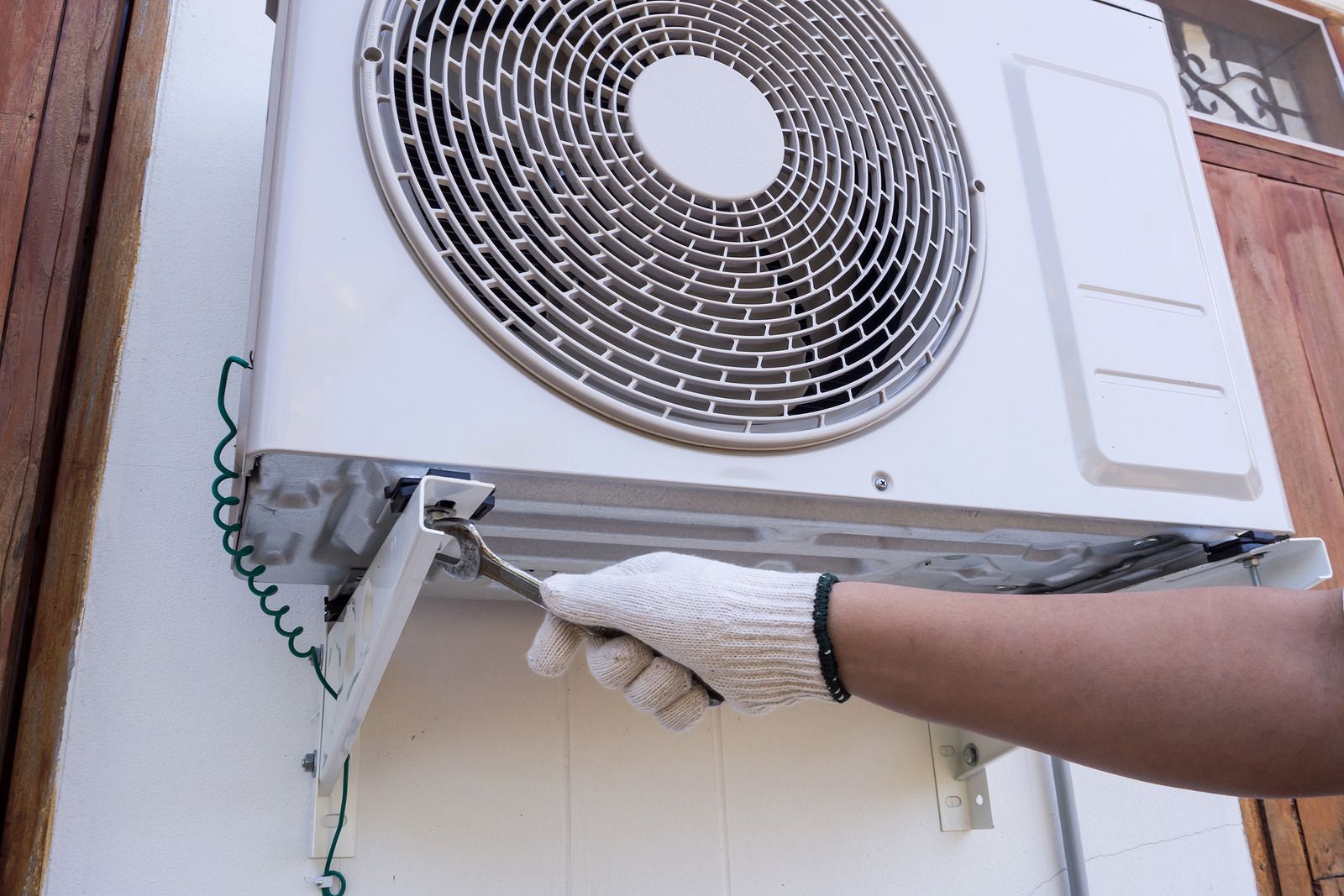Areas We Serve
Service Areas
Inquire
Thank you for contacting us.
We will get back to you as soon as possible.
Oops, there was an error sending your message.
Please try again later.
303 Heating & Air, Inc
Our Services
Contact
Business Hours
- Mon - Fri
- -
- Sat - Sun
- Closed
Sat - Sun Emergencies Only
© 2025
303 Heating & Air, Inc


